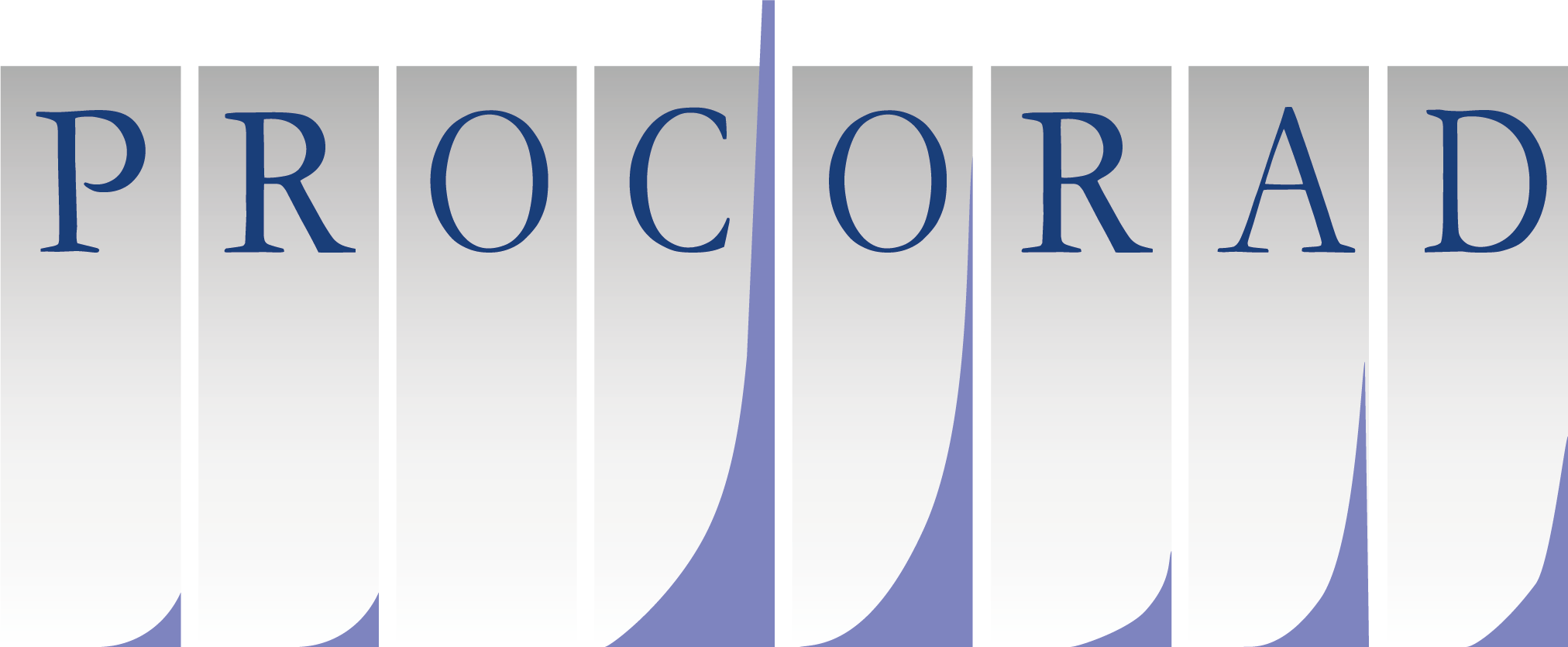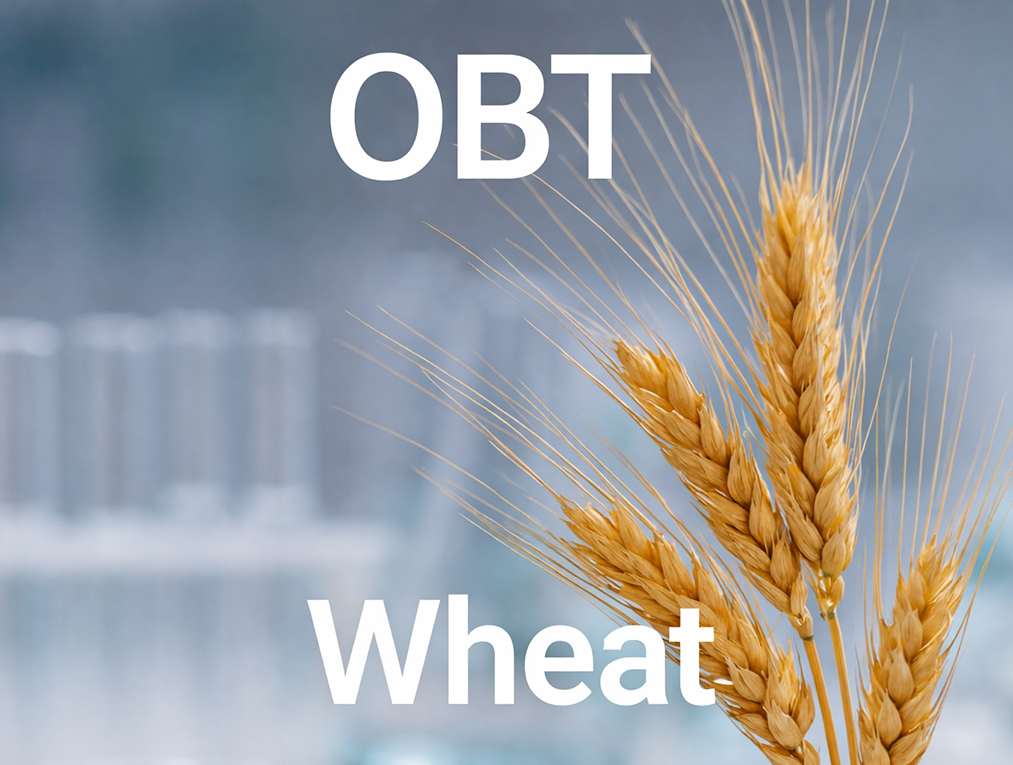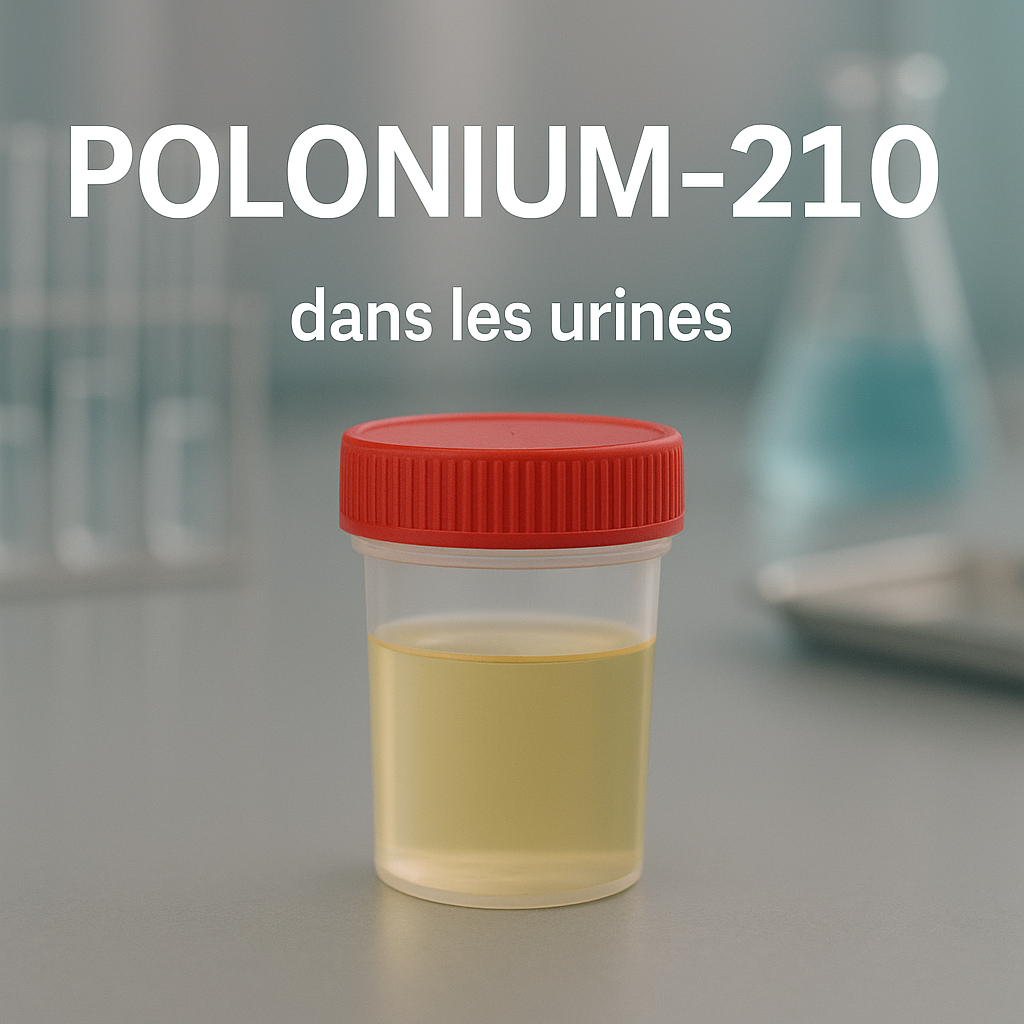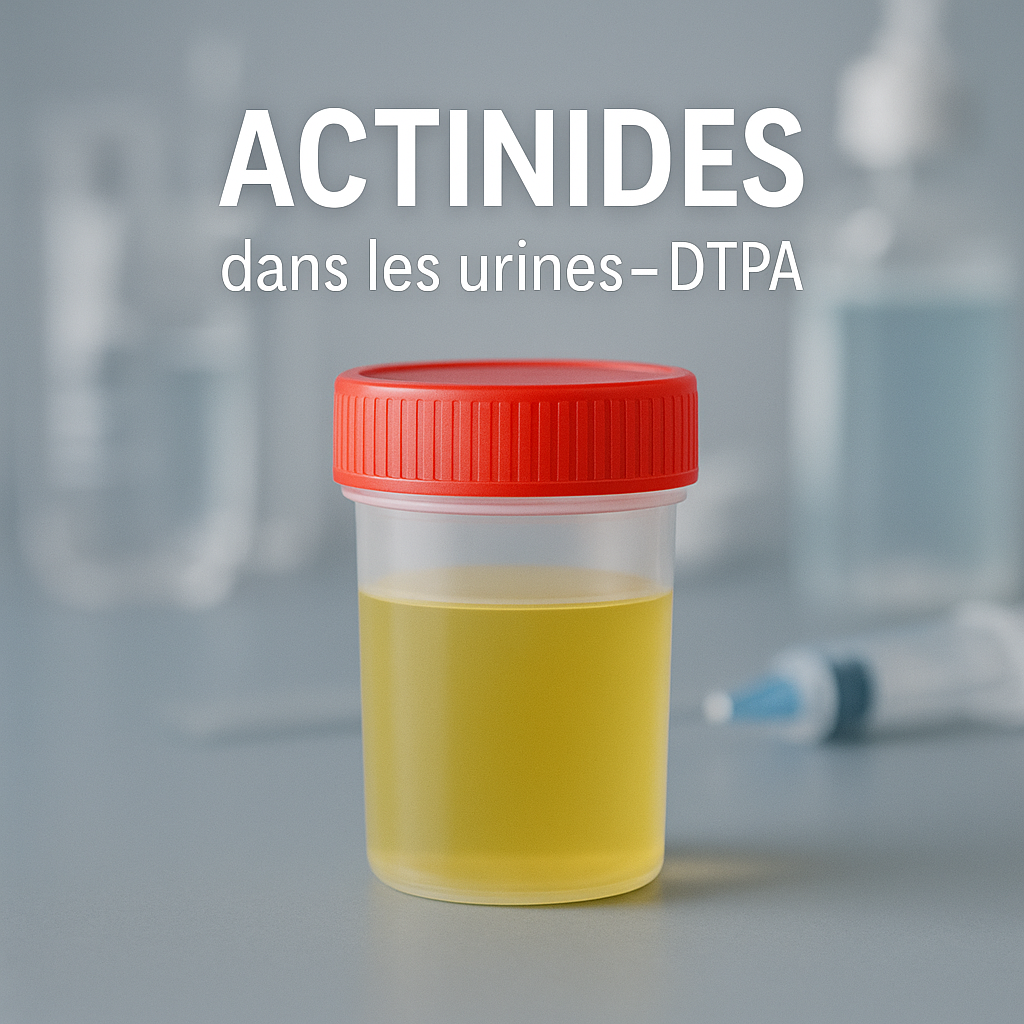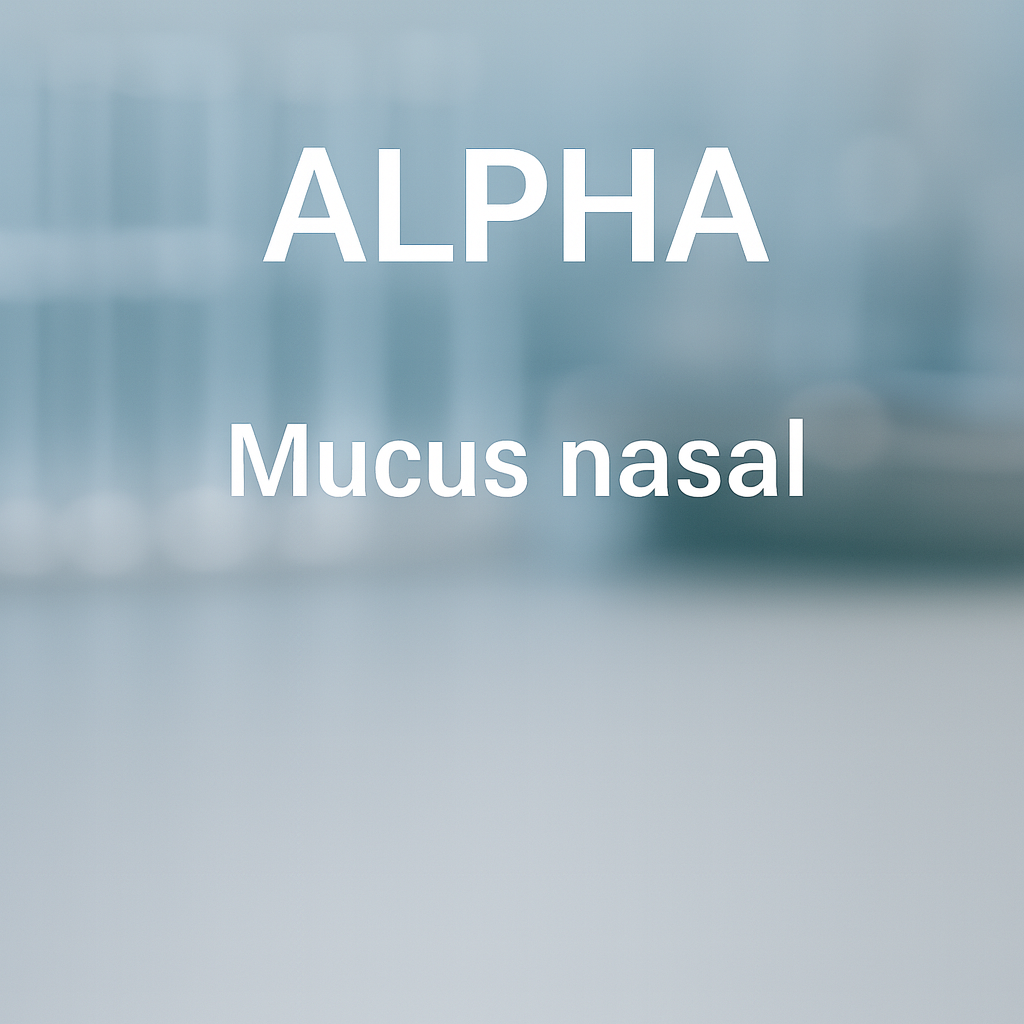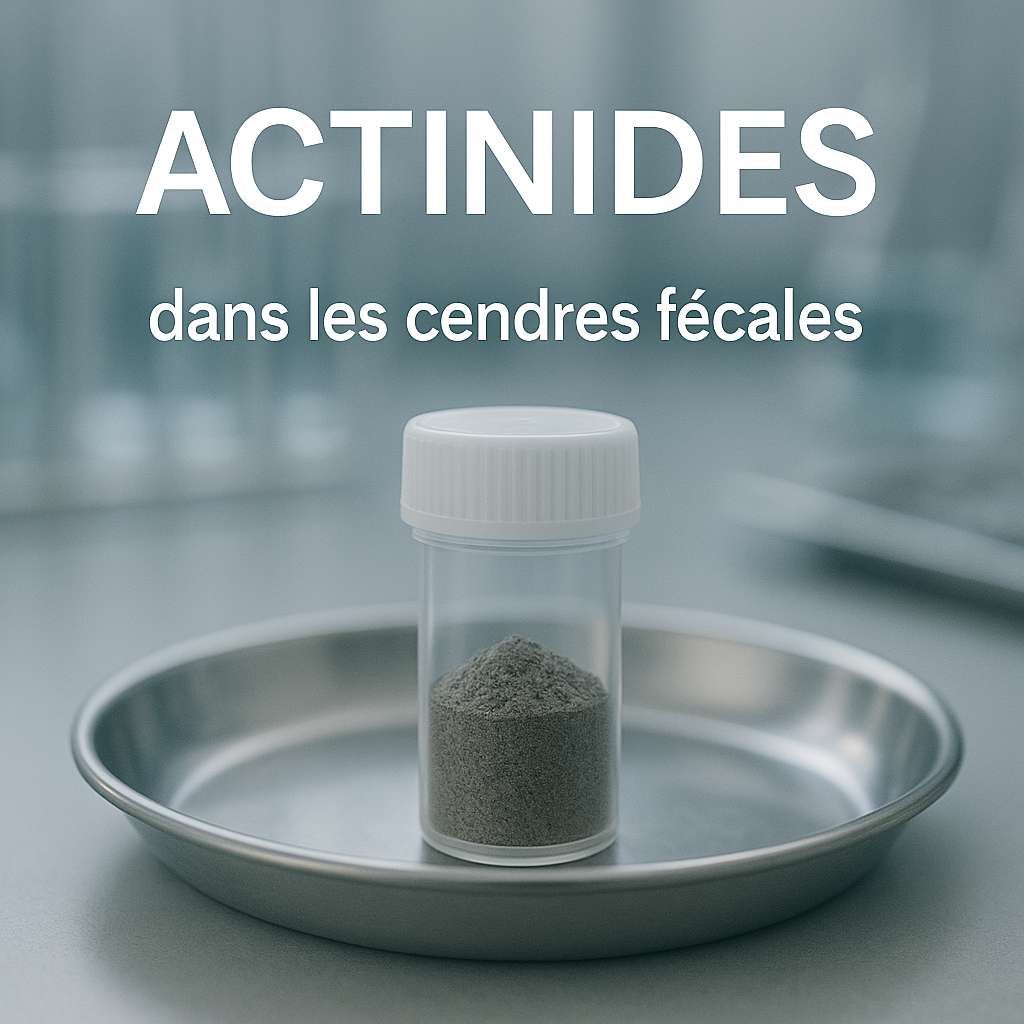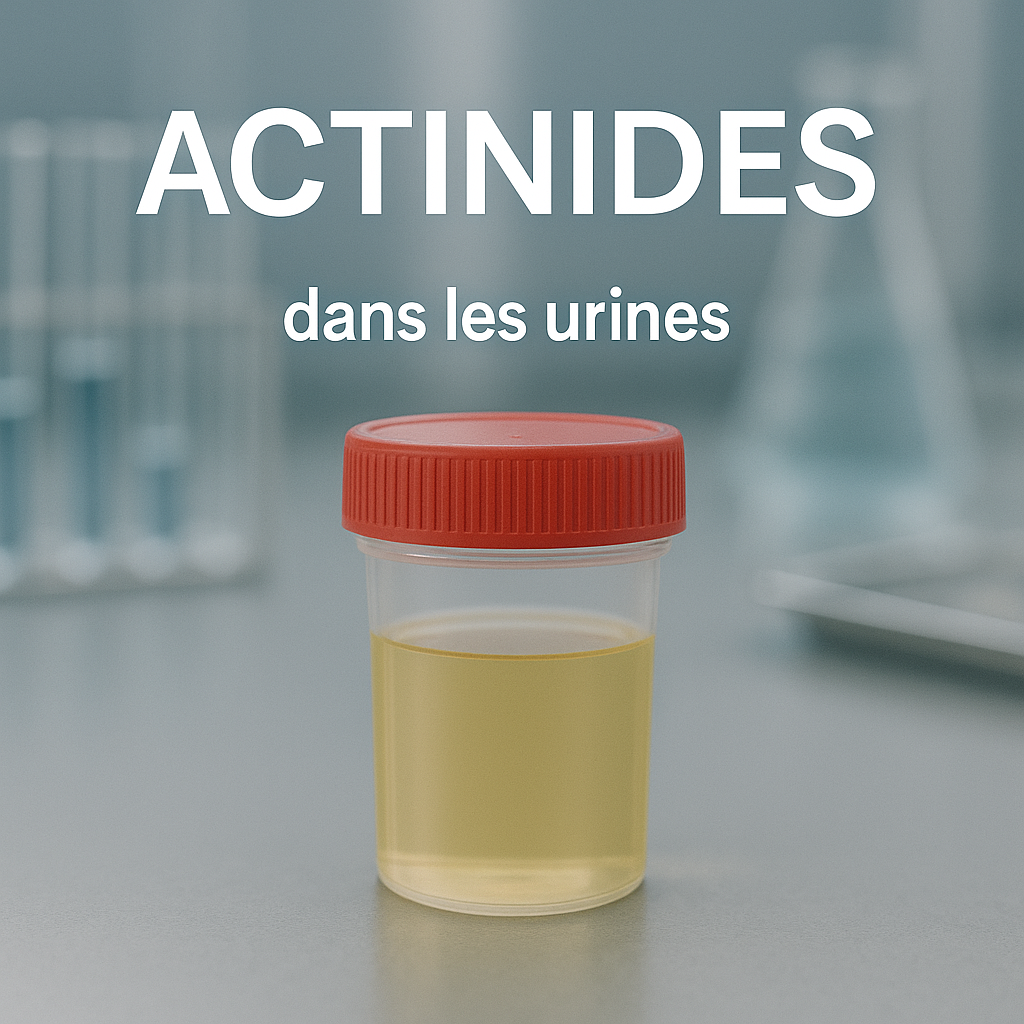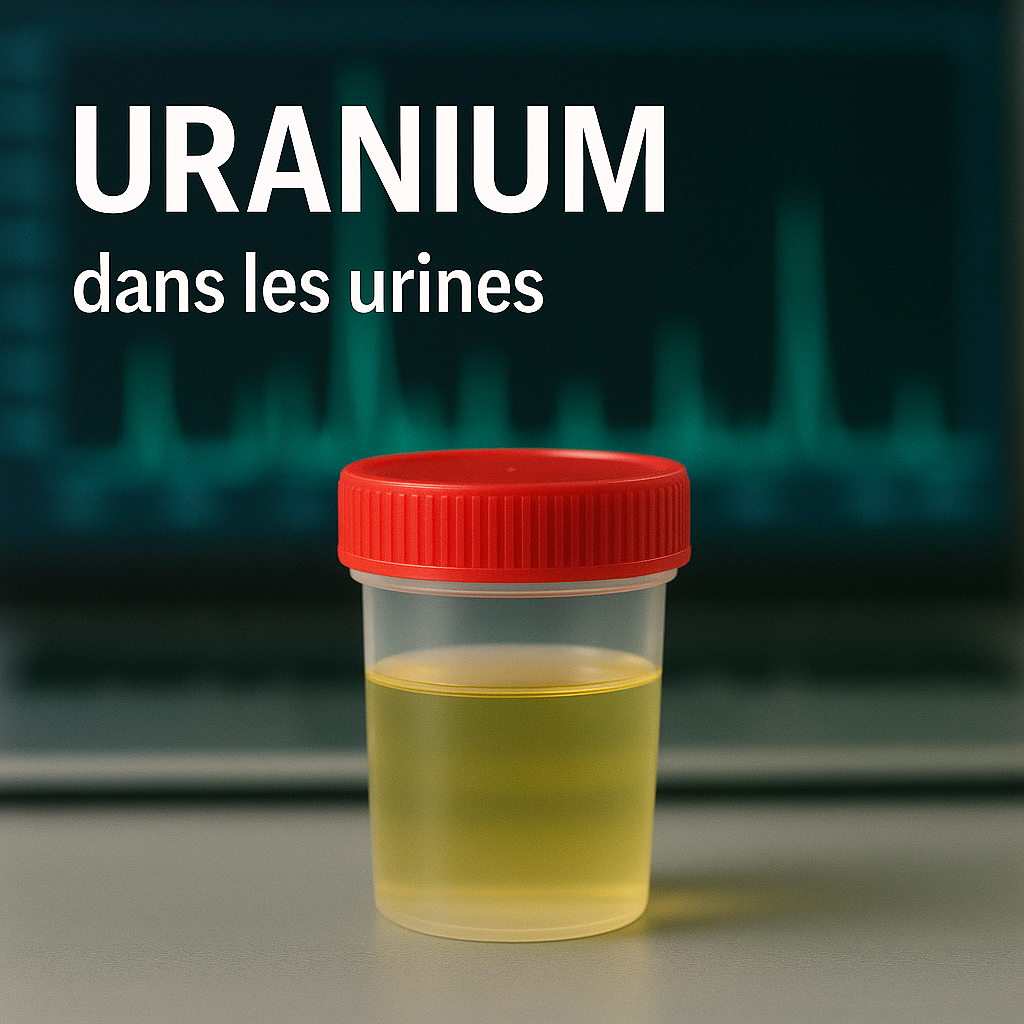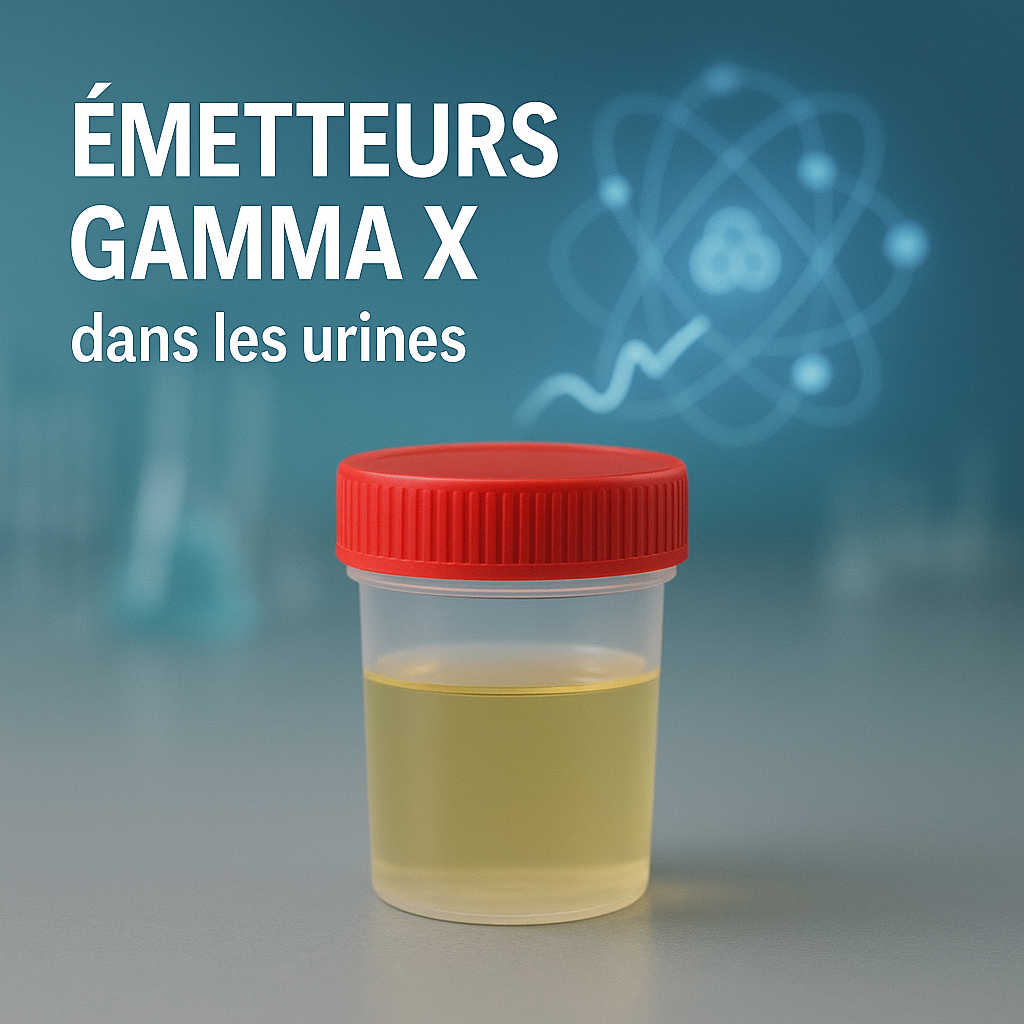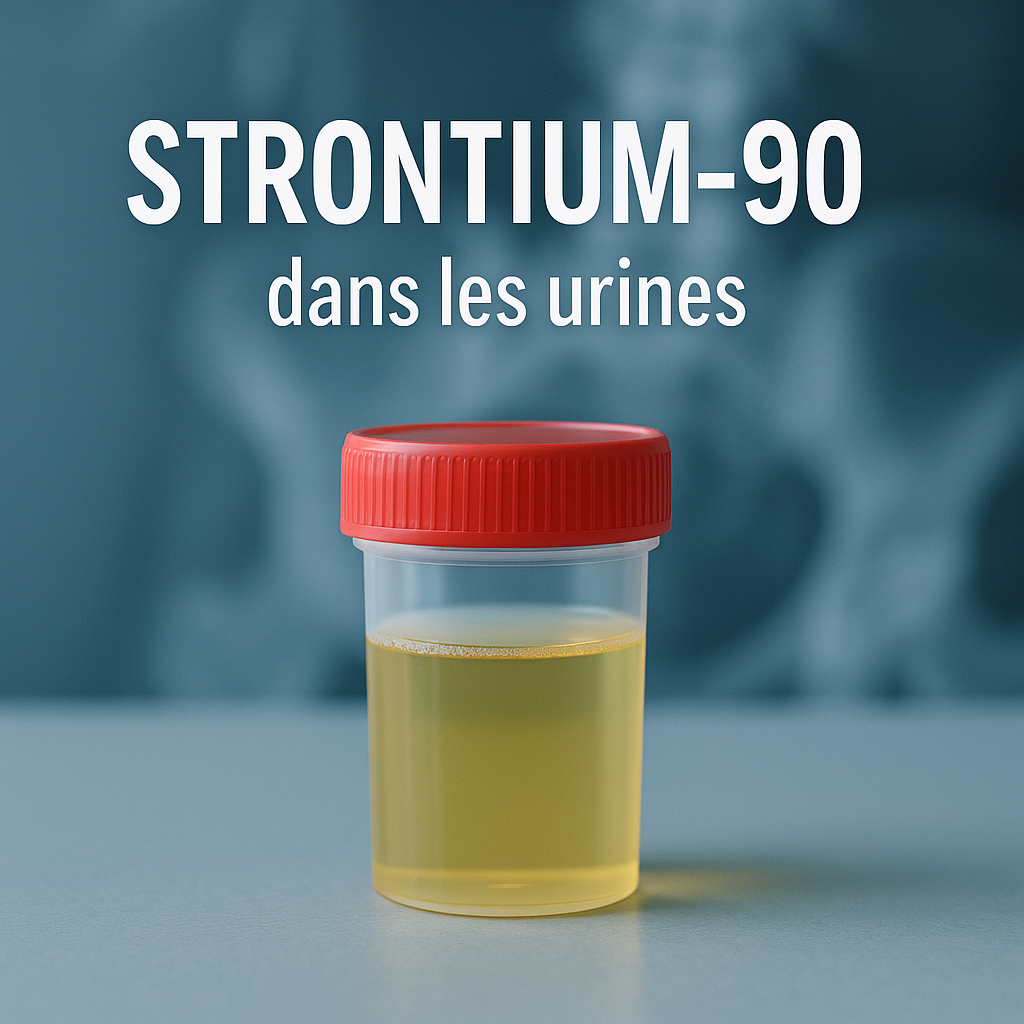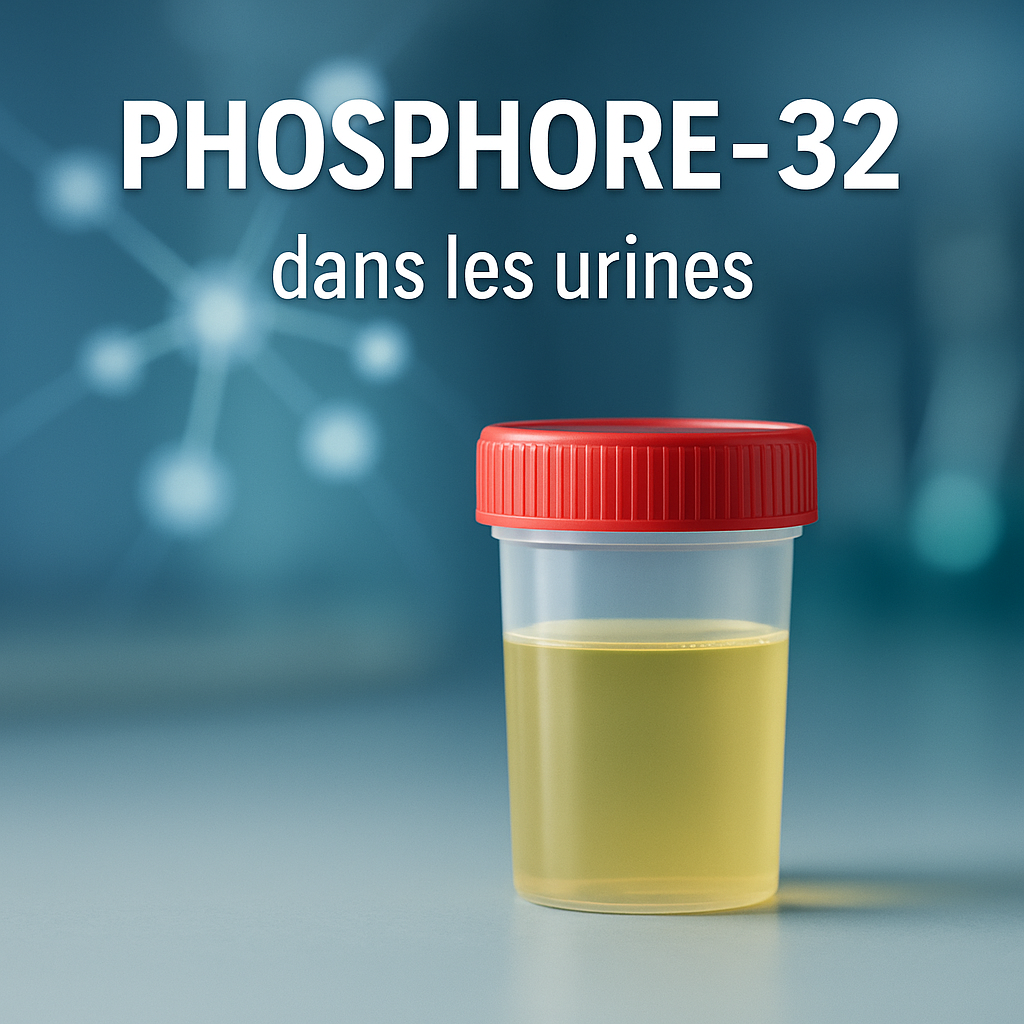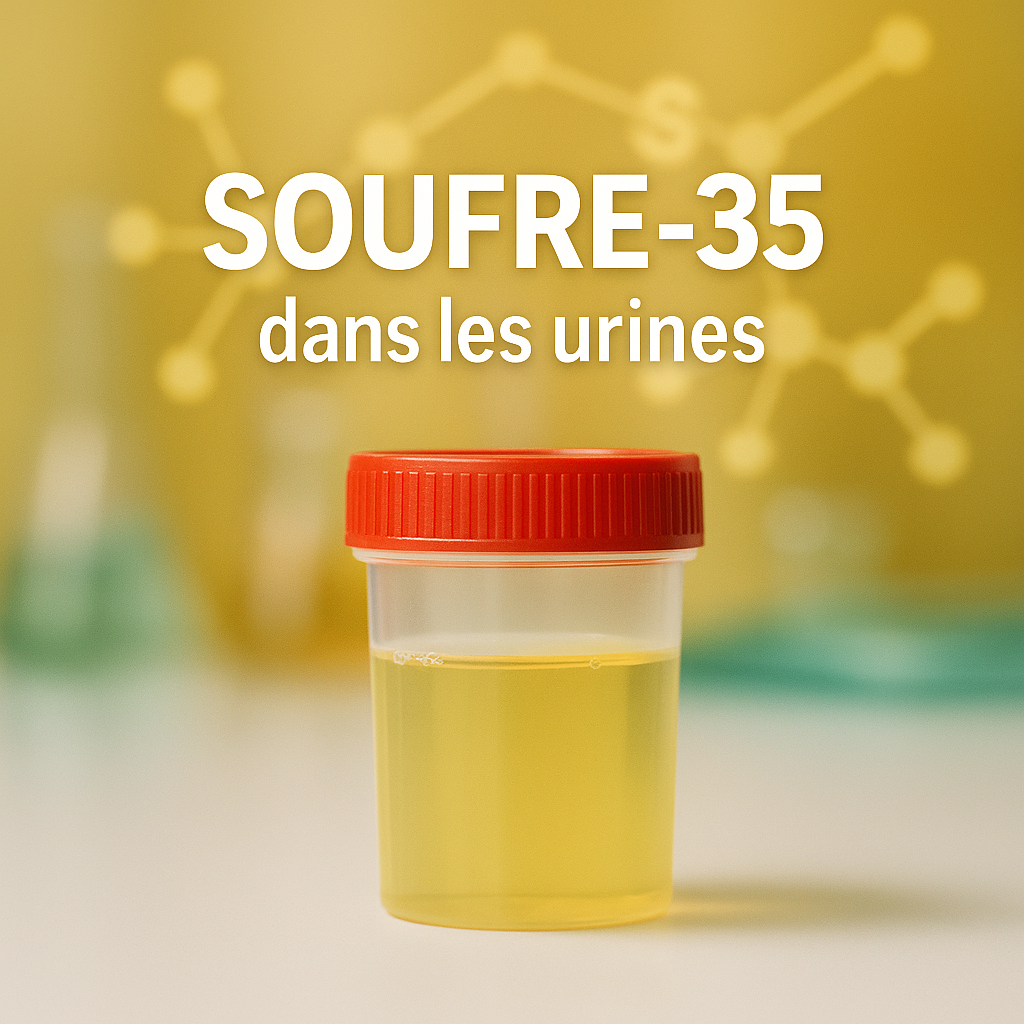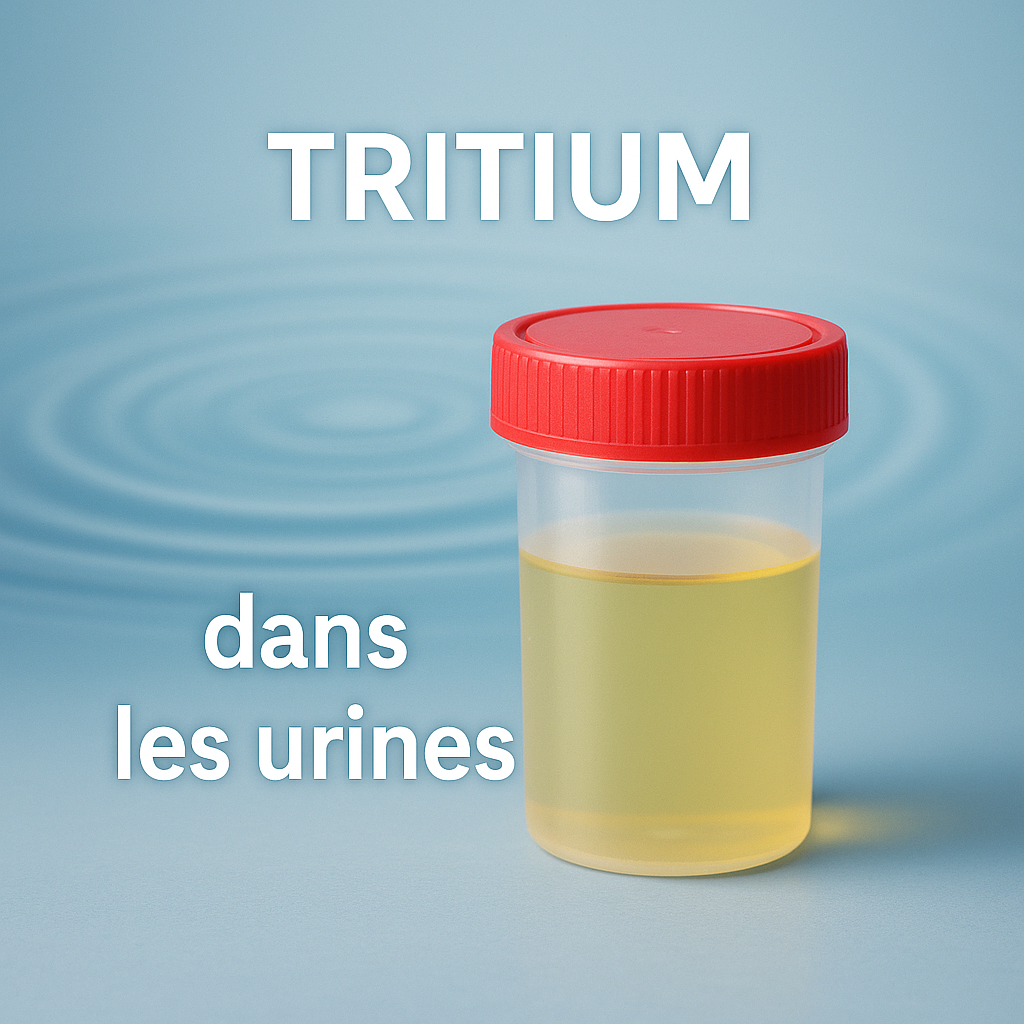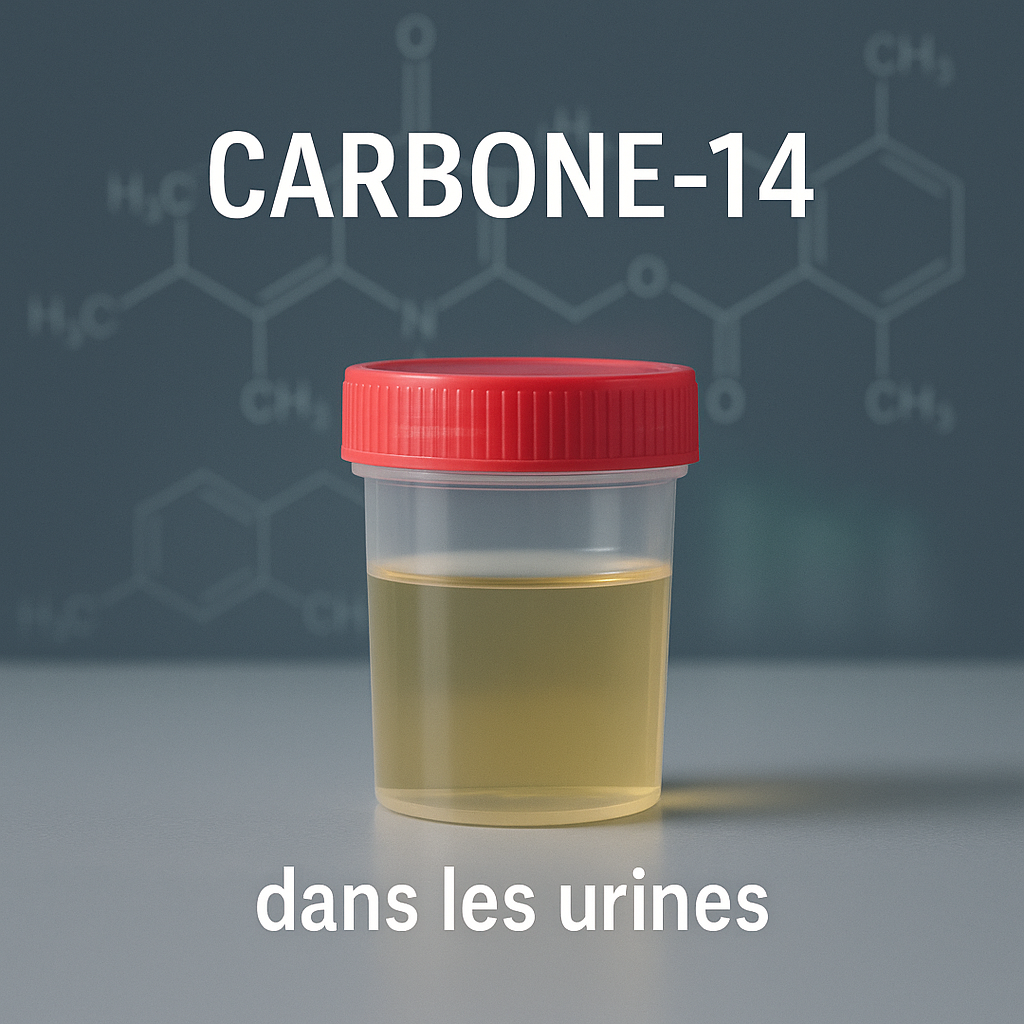Tritium in urine
The maximum number of participants for the inter-laboratory comparison is 55.
A: Tritiated urine
5 samples of approx. 50 ml urine
- 3 urine samples including 2 overloaded samples (25HTOA, 25HTOB, 25HTOC)
- 1 sample contaminated with urine from a person exposed to tritium (25HTOD)
- 1 solution of tritiated water (25HTOE) obtained by diluting the source used for overloads
For the 5 samples (blank, overloaded urine, contaminated urine and tritiated water solution), the activity levels will not be specified (<1.00 E+04 Bq/L whatever the sample).
B. Urinary organically bound tritium
For requesting laboratories only:
- 1 sample of approximately 50 ml urine (25OBTF): urine overloaded with tritiated thymidine between 1.00 E+04 and 6.00 E+04 Bq/L
This presentation provides a general overview of tritium intercomparison in urine. The information given here is for guidance only. For official, up-to-date data, please refer to the current year’s interlaboratory comparison campaign plan.
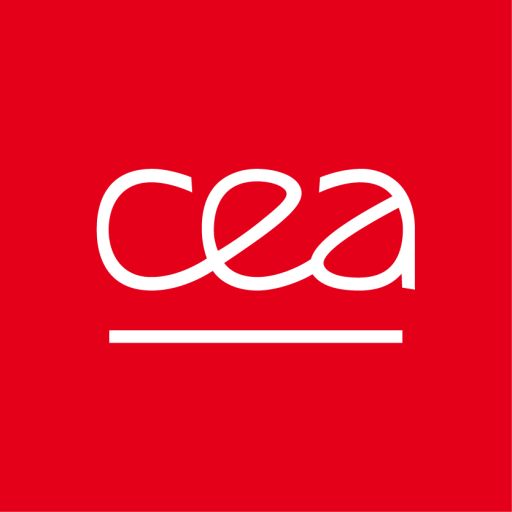

The CEA Centre for Nuclear Studies at Valduc belongs to the military applications Division and includes several Basic Nuclear Installations.
The Centre's LBM is in charge of monitoring all staff working on site from a biological, toxicological and radiotoxicological point of view.
In order to achieve this, the LBM carries out:
- Gamma spectrometry on urines
- Gamma and X-ray spectrometry on the lungs,
- Urine and stool analysis in order to monitor exposure to actinides,
- Urine and saliva monitoring of personnel exposed to tritium.
The laboratory is certified by the COFRAC and the French Nuclear Safety Authority regarding the monitoring of workers exposure to ionizing radiation.
Procorad membership is compulsory in order to participate in annual intercomparisons.
Registration and selection of intercomparisons is possible from november of the current year.
Registration and selection of intercomparisons is possible from november of the current year.
